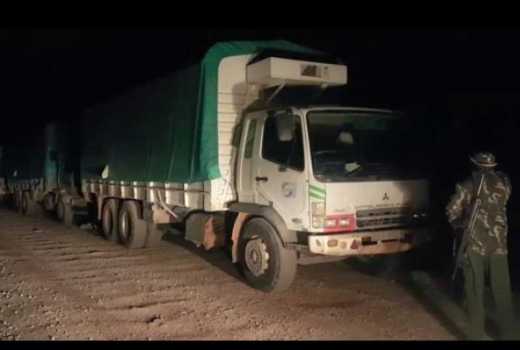×
The Standard e-Paper
Fearless, Trusted News

On the night of March 22 this year, a convoy of ten 25-tonne trucks carrying sugar smuggled from Somalia was stopped by Kenya Police Reservists (KPRs) on a smugglers’ route in Wajir East constituency.
A stand-off ensued after the drivers and loaders refused to open the cabin doors as they made frantic phone calls.